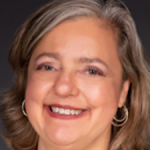Monica Paolini, Founder & Principal at wireless tech consultancy specialists Senza Fili shares an overview of a fascinating session from MEF Global Forum, where she and fellow panellists dived into the topic of inclusivity in the mobile ecosystem. The sessions from Barcelona are available to watch on demand.
How do we help the telecom industry think inclusively? We tackled this topic in Barcelona, on the Sunday before MWC23 took off, in an Inclusively panel at the MEF Global Forum, with Stephanie Huf, CMO and Head of ESG at ENEA, and Dario Betti, MEF CEO. It was an inspiring conversation on how to make telecoms more diverse and inclusive, and not just about thinking about it, as the title promised.
Stephanie and Dario have been working in telecom for some time and have had a long-term commitment to promoting a more inclusive and diverse working environment, and shared with the audience what they learned in the process.
If I were to summarize it in one sentence: a lot can be done by paying attention to how people work and what people need, and developing better practices and tools based on what you learn. A daily, continuous commitment to be inclusive can take you a long way is foundational. We all have to do our part.
A lot can be done by paying attention to how people work and what people need, and developing better practices and tools based on what you learn. A daily, continuous commitment to be inclusive can take you a long way is foundational. We all have to do our part.“
We got a lot of practical and actionable suggestions, so listen or watch the entire panel, but I will give some examples.
Dario talked about how MEF got a website that is more accessible by asking people like Chris Lewis what they would improve it. It is difficult to guess what others may need: asking is a good first step. Changing how we do things is the next step, and a small change may have a huge impact on some of us.
What attracted Stephanie to join Enea was the inclusive working environment, which promotes expertise and provides space for everyone to be heard. The established practice in Enea management meetings is to distribute pre-reads a day prior and ensure around-the-table time for everyone to have their say.
These and other practices are not difficult to introduce, and they support different information processing needs, as well as help balance out the effects of factors such as strong personalities and language differences.
Stephanie found out that what is crucial is to ask and listen to your colleagues. When I heard this, I found it surprising: as an analyst ready to dissect anything I see in real time, I would not look at information ahead of time.
But that’s exactly why need to pay attention to others: we are not all the same (and that’s a great thing, you do not want everybody to behave like an analyst).
And as Stephanie pointed out, we learn more from people who are different from us, and those are the people that we may find most difficult to work with. By listening to their preferences or needs, we all benefit.
This post originally appeared on the Senza Fili Blog and is reused here with kind permission






